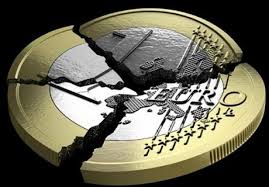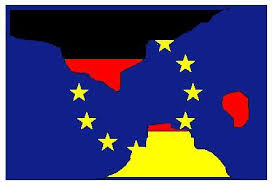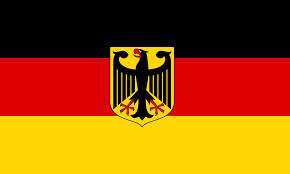The Eurozone is an economic and monetary union, which consists of 19 countries within the European Union, which in itself is a confederation of 28 nations primarily from Europe, forming an economic union. The countries of the Eurozone (euro area) use a common currency called the Euro and share a common independent monetary policy which is presided over by the European Central Bank.
As Europe’s strongest economy, Germany has borne the brunt of the cost of recent rescue deals. It foots more than a quarter of the rescue bill which consists of contributions made by Euro zone members. Of the 780 billion Euros in the European Financial Stability Facility, Germany vouches for 211 billion and many Germans worry there could be more demands to come. After the Standard and Poor’s , the credit rating agency, cut the ratings of nine Euro zone nations including France and Austria, while Germany retained its top AAA rating, the burden of financing the Euro zone debt rests predominantly on Germany’s shoulders. German bonds, which have been considered safest in the Euro zone, have yields averaging 3.5% over the past ten years making it easier for Germany to refinance itself. Germany is keen to save the Euro but it is now wary of pouring water into a leaking bucket. Recent polls have revealed Germans in favour of bringing back the Deutsche Mark and stopping the bailout packages.
If that were to happen, it would withdraw all its funds from the European Financial Stability facility and would have a much stronger currency than the Euro owing to its current account surplus. It has been argued that a revaluation could be desirable for Germany, as it does not make much sense to operate permanent current account surpluses. Exports have been the major driver of its growth, whereas domestic growth has lagged behind. A real revaluation would help in shifting savings from investment abroad to domestic investment, which clearly would benefit Germany. Also it would be favoured to other Eurozone nations as an investment destination, owing to the uncertainty in the Euro zone and low wages in Germany. It may have to forego a part of its current account surplus but history has shown that Germany was a huge surplus nation before the reunification when it had the Deutsche Mark.
Click here for government certification in Accounting, Banking & Finance





6 Comments. Leave new
Nice work..
Awesome work 😀
good read nice article
very well explained.
good one 🙂
well composed